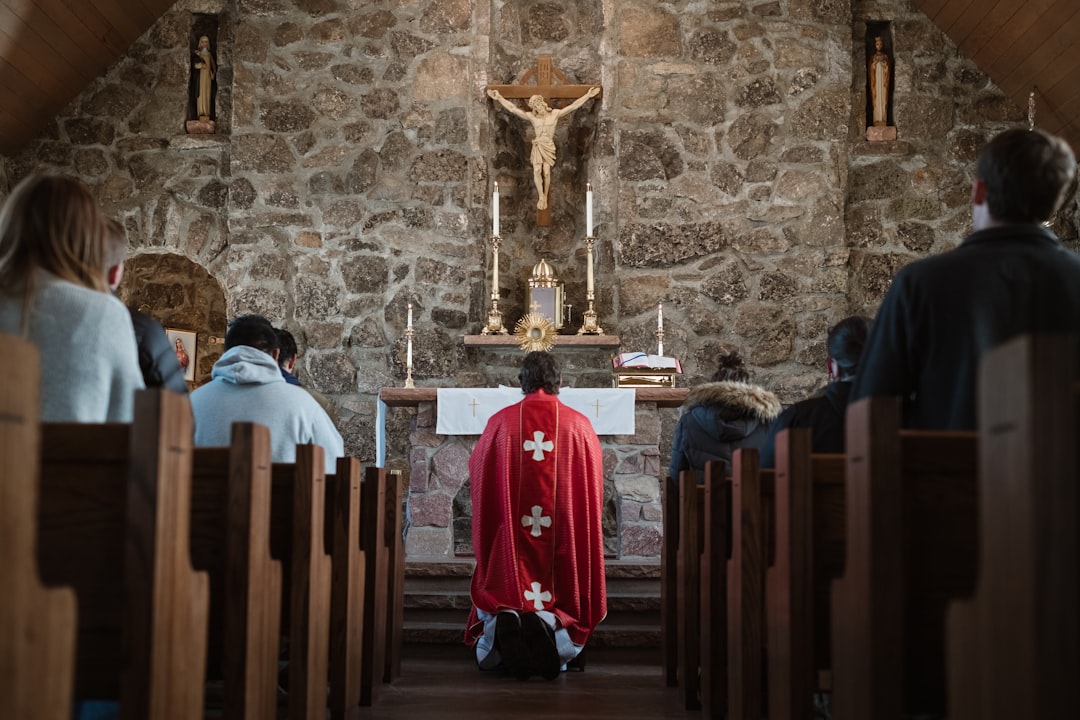"Pro-Life" Groups Oppose Exceptions to Abortion Bans, Even to Save the Life of the Pregnant Woman
Catholic bishops in Malta tell their leaders: Keep abortion illegal, even for women who are dying. The American anti-abortion movement is following suit.

Over the summer, an American woman in Malta nearly died after a miscarriage that quickly went from tragic to life threatening — and had to be emergency airlifted to Spain, because even life-saving abortions are outlawed in Malta. She woke up in a pool of blood; her placenta had partially detached, and amniotic fluid was leaking out of her body. But because her fetus still had a heartbeat, she couldn’t get an abortion in Malta, which has some of the strictest anti-abortion laws in the world, and the strictest in Europe. Malta, a heavily Catholic nation, outlaws abortion even with the pregnant woman’s life is in danger — the gold standard of “pro-life” laws to which many anti-abortion groups in the US and around the world aspire.
That story captured international headlines, and as a result, the Maltese government is moving to loosen their abortion law, just barely. The new law would allow life-saving abortions to go forward, as well as those that would preserve a pregnant woman’s health.
The Catholic Church in Malta is launching a strong offensive against any change.
“Human life should not be killed to safeguard somebody's health," the archbishop and bishops wrote in an open letter that priests and other church leaders are reading to their congregations across the country.
It’s useful to watch what abortion opponents do around the world, because the anti-abortion is global. They share resources, tactics, arguments, and ideology. What abortion opponents do in Malta or El Salvador or Jamaica or Senegal can tell us a lot about their goals and potential strategies here in the US. And there are essentially two large-scale forces, at least in the West, that shape the anti-abortion movement: the Catholic Church and the web of Evangelical churches that animate anti-abortion activism in Latin America, Africa, Europe, and the United States.
Where these churches go in the US, so they go in the world. And where they go in the rest of the world, so they go in the US.
Keep reading with a 7-day free trial
Subscribe to Jill Filipovic to keep reading this post and get 7 days of free access to the full post archives.
